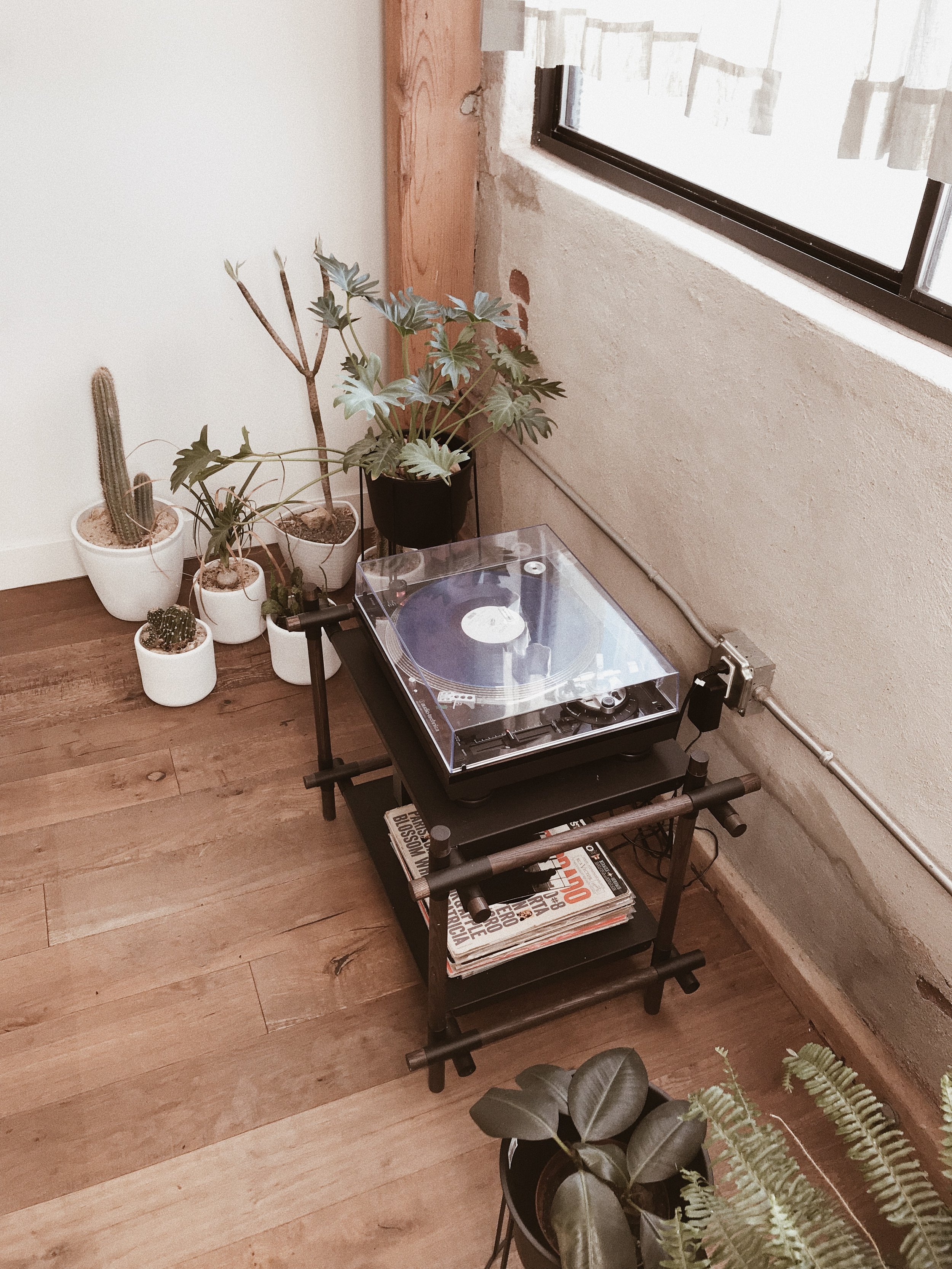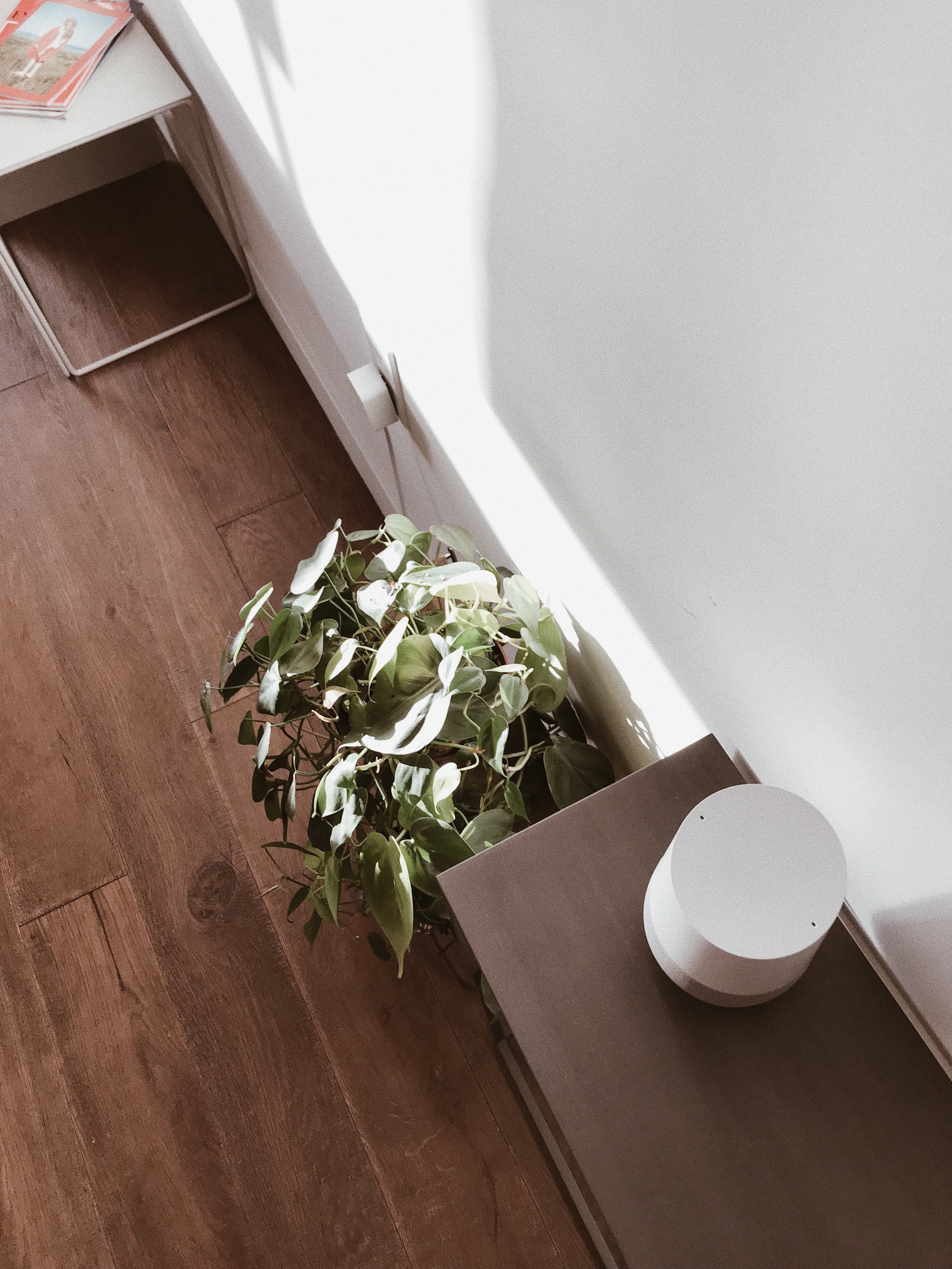As a new parent, you are naturally going to be worried about what is happening with your baby at all times. There are some very common issues that will arise for many parents and their babies, and it is worth being aware of these in order to help you get through these situations with a better understanding.
To aid with that, we will take a look here at some of the more common baby concerns that most, if not all parents tend to have. As long as you are aware of these, you should find that you will be much more prepared to face whatever comes as a parent.
No. 1
Breastfeeding Problems
Many new mothers worry about breastfeeding, and there is no doubt that it can be something of a challenge to get right. The truth is that breastfeeding can be difficult in the beginning. It can take time for you to learn how to do it properly along with your baby adapting to what is going on in this process.
It is perfectly normal and natural for this process to take a while, so if this is happening to you, try not to be too despondent about it and simply persist. You will find that you will reach a point where you and your baby are comfortable, and breastfeeding becomes enjoyable.
There are definitely some common hurdles in breastfeeding that you can look into and learn about so that you can apply techniques that have worked for other mothers. Remember that it really is a skill that you and your new baby are learning at the same time. If you can remember this, it might help in taking the pressure off of both of you.
No. 2
Poor Sleep
Again, a very common worry for all new parents is that their baby is not getting enough sleep. This is likely to happen, with most babies initially going through periods of not having much sleep or poor quality sleep in general.
This is very much a part of parenting a young baby. However, if you are concerned about this, then you might want to bear in mind a number of tips that might help you get through this much more effectively.
Likewise, you may also be worried about your own lack of sleep, and particularly how this might affect your health, your mood, your ability to drive a car, and so much else. The truth is that you will soon adapt to it, and you will find yourself simply being able to get by on much less sleep.
Keep in mind that thankfully, this stage will not last forever and eventually, you will have your sleep back again. In the meantime, just try to make the most of those nights when your baby does sleep through the night.
No. 3
Crying
Your baby will cry, of course, but what you might be worried about is when they cry inconsolably and do not seem to stop. When this happens, it can be a real worry, and you might find yourself wondering what you can do to get through it.
The truth is that this is rarely an indication of something seriously wrong. It is more likely just an indication of their temperament or basic needs needing attention, which also means that it will not last forever. So, although it can be worrying and frustrating, you just need to have the patience to address what is bothering them, and it will soon pass.
No. 4
Weight Changes
Your baby is likely to go through all sorts of changes in weight, probably quite often. If you want to ensure that you are not worrying too much about this, you can be aware that this is a quite common occurrence and something that naturally happens. It is actually a result of your baby’s growth, so it is something that you can simply observe.
Initially, you may be concerned about the changes in your baby’s weight, perhaps because it has happened either too little, too fast, or because you are worried about how much they have changed. In this case, you may want to keep a feeding log to keep track of how much they are eating and create a defined feeding schedule to ensure you are on point.
Beyond that, if you are still worried, you can of course always take them to the doctor for a checkup, which is generally a good rule to follow if you are truly concerned about any kind of health issue.
No. 5
Acne
Believe it or not, babies can get many of the same skin problems that adults can get, including acne. This is an issue that can arise suddenly or gradually, but in either case, you will most likely be on guard to ensure that you are doing all you can to fix it as soon as possible. If there is an issue of scratching, your baby might actually be in pain if the acne is quite severe. So, keeping a watchful eye on them is the best thing you can do.
The good news is that for baby face acne, there are some powerful solutions to apply, and it is possible to treat it quite easily and effectively. You should therefore try not to be too worried, and instead should simply make sure that you are doing all you can to help your baby be as comfortable as possible in the meantime.
Additionally, remember that there might be all sorts of other skin conditions which they experience too, which might be confused for acne. Make sure to narrow down the causes, because some of them are altogether more serious or long-lasting.
No. 6
Vaccines
There are a few cases in which you might be worried about vaccines, and it all depends on your viewpoint. The truth of the matter is that no medical intervention or treatment of any kind is completely and one hundred percent safe. That being said, being prepared for any treatment you do give your baby, including vaccines requires diligent research and clear awareness.
If you are unsure or worried about a particular vaccine treatment, it is always best to be prepared and seek the answers first through reputable sources so that you know you are confident in your decisions. That is the best way to gain peace of mind over something like this.
No. 7
Chickenpox
It is easy to see why chickenpox might be such a cause for concern when considering what to prepare for in the coming future; it is very common and there is a high probability that your baby will get it. Rest assured, it is not unordinary for your child to get chicken pox. Actually, it is beneficial that they build natural antibodies against the virus, developing the necessary protection against it with their immune system.
While you may try and prevent this from happening through vaccines, you would rather they have chickenpox than many other viruses and illnesses. If they do develop chickenpox, ensure that you treat their skin and wait for it to pass. They may be quite unhappy during the process, but they likely are protected in the future from ever experiencing a chickenpox outbreak again.
Takeaways
We have discussed just a few of the main concerns that you might have about your new baby, so having awareness of these and how to approach each of them will help you settle into your new role. Overall, being observant in all matters will help you learn about the patterns and rhythms of motherhood, which will give you the insight you need to settle your worries. This will come naturally to you as you are built to withstand the changes that occur.
Trust in your innate abilities to care for your baby, and the rest will follow. You will find that the answers are closer than you know. As with anything in life, change happens quickly, and sometimes we will not always feel prepared. So, make sure to simply enjoy every step of your child’s development and rest assured that you are doing everything in your power to care for them throughout every stage of this journey.
















































